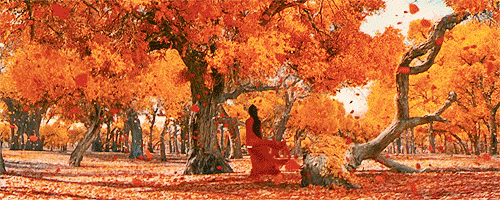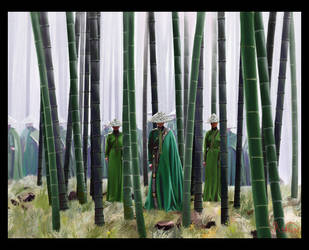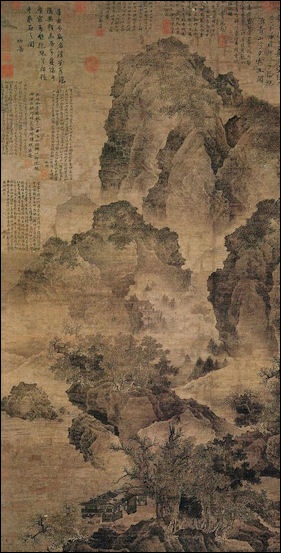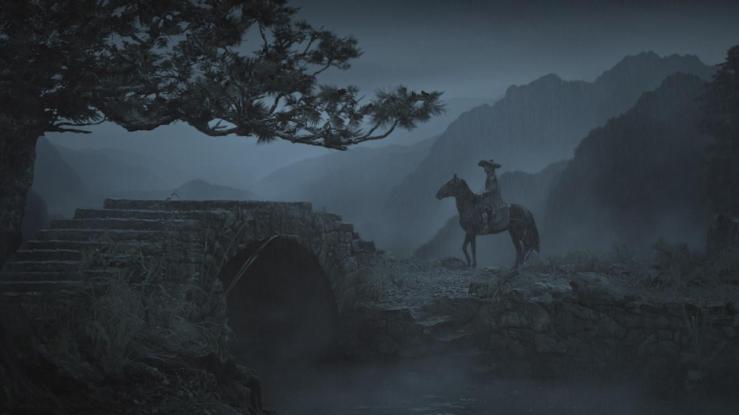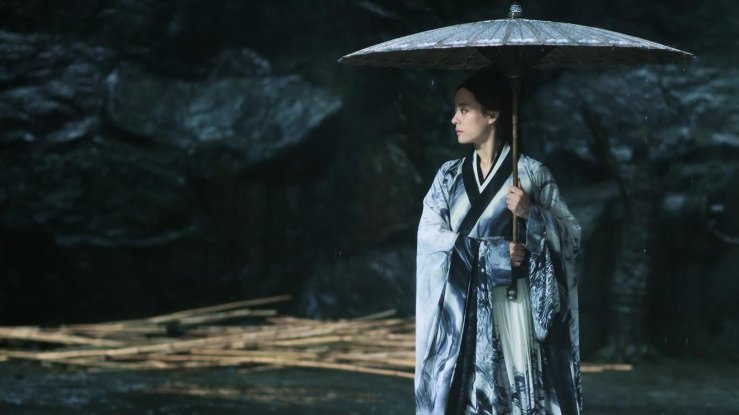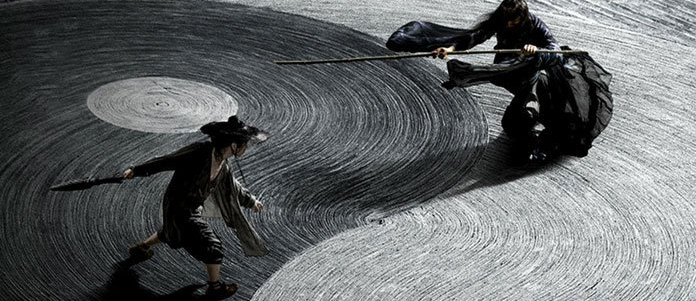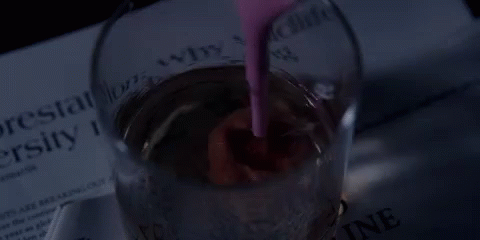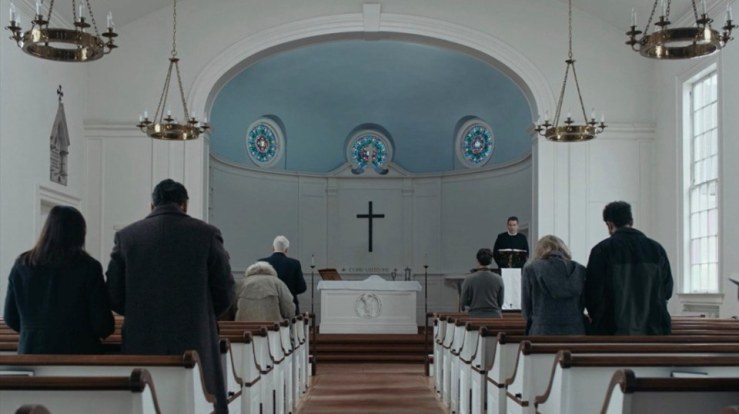As some readers might already know, I’m a “high-functioning” autistic person who passes for neurotypical despite a childhood where my disabilities were fairly severe. This post’s purpose is to share some of the readings that helped lead me to insights which helped me to relate better with others. The list still feels very incomplete to me now, but hopefully, it has enough material to begin being useful. In the not-so-distant future, I would like to fill out the list more, offer structured guidelines for a course of study, write up condensations/explanations of what I learned and how (and how it’s applicable to real life), and also integrate it with memoir/life narrative sections which explain how my insights have helped me in life. The list right here is sort of like a bibliography for a book that doesn’t exist yet, or a study guide for a comprehensive exam in a PhD program in navigating everyday social life.
I expect that those who will find this document most helpful are readers with strong symbolic reasoning (ie: mastery of the sort of skills which IQ tests measure) but weak social skills– ie: those who would have once qualified for something like the Asperger’s Syndrome diagnosis, and, in the “normal” population, nerds
Core Insights:
All of these will need more elaboration. I think that their intellectual content and their applicability will become clearer if you read a lot of the books that I list below; I would also like to write my own condensed-but-thorough explanations of these principles and their applications sometime soon.
1: Using the humanities to improve your social and communication skills is only striking in light of recent historical developments. Until the late 19th century, rhetoric, intersubjective communication, and participation in political life were actually the main forces driving humanistic research and study.
2: The social sciences can also give their students insights into their social lives. (And if they didn’t, it would suggest the large-scale failure of those fields)
3: Speech and writing aren’t just about communicating a single band of information—they do things in the world, and in the process of accomplishing those things, they convey a lot of meta-level information about the speaker, their context, the set of reactions the speaker expects, etc.
4: Because of the world’s enormous complexity, the limits on our brains’ processing power, and the even greater constraints on the symbolic systems we use to describe the world, there will always be slippages between the world as it actually is, the models of the world we carry in our heads, and the language we use to talk about it. It’s impossible for our speech to be wholly representative or truthful, so we need to focus on communicating in pragmatic ways.
5: Because the “culture industries” of entertainment, advertising, and politics all constantly use carefully planned communication to manipulate people for monetary or political gain, modern-day Americans tend to equate authenticity with spontaneity. This is a recent development (Pride and Prejudice, for example, has exactly the opposite thesis—Mr. Darcy’s hasty declarations tell us much less about him than his considered behavior does), and one which those who struggle with social skills should reject in their own lives. Expressing our thoughts and feelings clearly and efficaciously will almost always require either planning or practice.
6: If you want to marshal your thoughts, ideas, and emotions to achieve a particular set of objectives, you’ll need to understand your discursive battlefield. You’ll need to acquire tools which will help you understand the social and cultural contexts you deal with in day-to-day life and understand how the people you’re interacting with fit into that context (which, in turn, will tell you a lot about their thoughts and priorities). Here, the social sciences (especially flexible qualitative disciplines like anthropology and sociology) and their research methods are your friends.
7: Perceived differences in status and social roles create some of the most perilous situations for the socially unskilled. A status attack is a powerful weapon against blowhards and bullies, but making one injudiciously or accidentally is a fast way to hurt feelings and make enemies. Learning how to think about status, honor, and face; and helping your conversational partners preserve all three, will make your interactions with others kinder and more effective.
8: The social structures, rituals, and rules you deal with in day to day life are rarely universal, but they’re also rarely arbitrary. Studying their origins will often help you to understand their functions, even if most of their participants have forgotten where they came from.
9: Processes that you might think of as wholly objective, like the pursuit of scientific knowledge or the development of technology, unfold within particular social contexts; making discoveries and deploying innovations requires you to understand and effectively move within those contexts.
10: As you might already know from your own life trajectory, people’s life experiences and perceptions of the world differ in ways that are invisible to each other. If you want to understand others’ minds, it’s worth identifying factors which systematically divide people’s life experiences and trying to understand the effects of those divides.
11: Literature often presents insight into plausibly imagined human psychologies, and reading it will give you models for grasping the minds of others. I would especially recommend reading works created by people whose minds are very different from your own (geographic distance can help create this, temporal distance produces profounder gaps) and works which intimately engage with their characters’ psychologies and interior lives. I’d recommend reading with friends and taking time to talk about the books in-depth afterward.
The Nature and Art of Communication:
How to Do Things With Words by JL Austin
Rhetoric by Aristotle (or modern commentaries/summaries)
Cicero and Tacitus on rhetoric
On the Study Methods of Our Time by Giambattista Vico
On Bullshit by Harry Frankfurt
“Tense Present” or “Authority and American Usage” by David Foster Wallace
The Elements of Style by Strunk and White
Language, Thought, Truth and the Structure of Reality:
Godel, Escher, Bach and I Am A Strange Loop by Douglas Hofstader
A basic grounding in informatics, complexity theory, etc like you might get by studying computer science and math (any good elementary text recommendations here?)
Language in Thought and Action by SI Hayakawa
“On Exactitude in Science” and “The Library of Babel” by Jorge Luis Borges
“The Map and the Territory” by Eliezer Yudkowsky
Looking Awry by Slavoj Zizek
The Structure of Scientific Revolutions by Thomas Kuhn
We Have Never Been Modern by Bruno Latour
Pragmatism by William James (or modern interpretations/commentaries/summaries)
Thinking, Fast and Slow by Daniel Kahneman
Analyzing Your Social and Cultural Context:
Histories by Herodotus
History of the Peloponnesian War by Thucydides
Leviathan by Thomas Hobbes
Patterns of Culture by Ruth Benedict
The Interpretation of Cultures by Clifford Geertz
The Golden Bough by James Frazer
The 18 Brumaire of Louis Napoleon by Karl Marx
The Wealth of Nations by Adam Smith
Pretty much any basic econ textbook (for concepts like opportunity cost, revealed preferences, etc)
The Archive and the Repertoire by Diana Taylor
Between Heaven and Earth by Robert Orsi
Formations of the Secular by Talal Asad
Pretty much everything by James Scott
Debt: The First 5,000 Years by David Graeber
On Kings by David Graeber and Marshall Sahlins
“Gender: A Useful Category of Historical Analysis” by Joan Scott
“The African Origins of the War” and Black Reconstruction by WEB DuBois
The Theory of the Leisure Class by Thorstein Veblen
Power, Status, Honor, and Face:
The Prince by Niccolo Machiavelli
The Book of the Courtier by Baldesare Castiglione
The Presentation of Self in Everyday Life by Erving Goffman
The Managed Heart by Arlie Hochschild
Veiled Sentiments by Lila Abu-Lughod
Nonviolent Communication by Marshall Rosenberg
Life Experience Trajectories and Perceptual Differences:
Feminism is For Everyone by bell hooks
“Unpacking the Invisible Knapsack” by Peggy McIntosh
“Did Women Have a Renaissance?” by Joan Kelly Gadol
Orientalism by Edward Said
A Small Place by Jamaica Kincaid
In general, read a bunch of memoirs, blog posts, and other introspective writing by people with backgrounds different from your own
The Origins of Everyday Social Life:
Highbrow, Lowbrow by Lawrence Levine
Fables of Abundance by Jackson Lears
Cheap Amusements and Hope in a Jar by Kathy Peiss
Gay New York by George Chauncey
Manliness and Civilization by Gail Bederman
The Warmth of Other Suns by Isabel Wilkerson
Debtor Nation by Louis Hyman
[I have so, so much more to add to this list– I plan to expand it soon, but it might very well grow to make up 70% or so of the document’s length]
The Social Structures which Shape Science and Technology:
Against Method by Paul Feyerabend (you should definitely read this only if you’ve already read Kuhn first)
Galileo, Courtier by Mario Biagioli
A Social History of Truth by Steven Shapin
Science in Action by Bruno Latour
The Pasteurization of France by Bruno Latour
Beamtimes and Lifetimes by Sharon Traweek
The Gospel of Germs by Nancy Toombes
The Shock of the Old by David Edgerton
Literature and the Minds of Others:
The Iliad by Homer
The Bible (if you’re an English speaker, I’d recommend the King James Version, because it’s the best as a work of literature and the most widely referenced in English language and culture)
Any play by Aeschylus, Sophocles, or Euripides
Poetry by Sappho, Ovid, Catullus
The Mahabharata by Vyasa
The Qur’an (tbh, pretty much any English-language translation of this is going to be inadequate in some way, but it’s a great work of literature in its original language)
Beowulf (recommend Seamus Heaney translation)
Romance of the Three Kingdoms
The Story of the Stone by Cao Xuequin
The Secret History of the Mongols
The plays of Shakespeare
The poetry of John Donne
Paradise Lost by John Milton
Autobiography by Benvenuto Cellini
The Baburnama by Zahir ud-Din Muhammad Babur
Pride and Prejudice by Jane Austen
Jane Eyre by Charlotte Bronte
The Count of Monte Cristo by Alexandre Dumas
Madame Bovary by Gustave Flaubert
Emily Dickinson’s poetry
Moby-Dick by Herman Melville
Any novel by Fyodor Dostoevsky (recommend Pevear and Volokhonsky translations)
Naomi by Junichiro Tanizaki
USA by John Dos Passos
HD’s poetry
Edna Saint Vincent Millais’s poetry
East of Eden by John Steinbeck
Invisible Man by Ralph Ellison
Lolita by Vladimir Nabokov
The Temple of the Golden Pavilion and The Sea of Fertility by Yukio Mishima
The End of the Affair by Graham Greene
Silence by Shusaku Endo
The Book of the New Sun by Gene Wolfe
Possession by AS Byatt
The Remains of the Day by Kazuo Ishiguro
Disgrace by JM Coetzee
Infinite Jest by David Foster Wallace
Angels in America by Tony Kushner
Half of a Yellow Sun and Americanah by Chimamanda Adichie
The Invention of Love by Tom Stoppard
Chronicle of a Blood Merchant by Yu Hua
The Crimson Petal and the White by Michel Faber
Gilead by Marilynne Robinson
The Virgin Suicides and Middlesex by Jeffrey Eugenides
Salvage the Bones and Sing, Unburied, Sing by Jesmyn Ward
The Fifth Season by NK Jemisin
The Vegetarian by Han Kang

